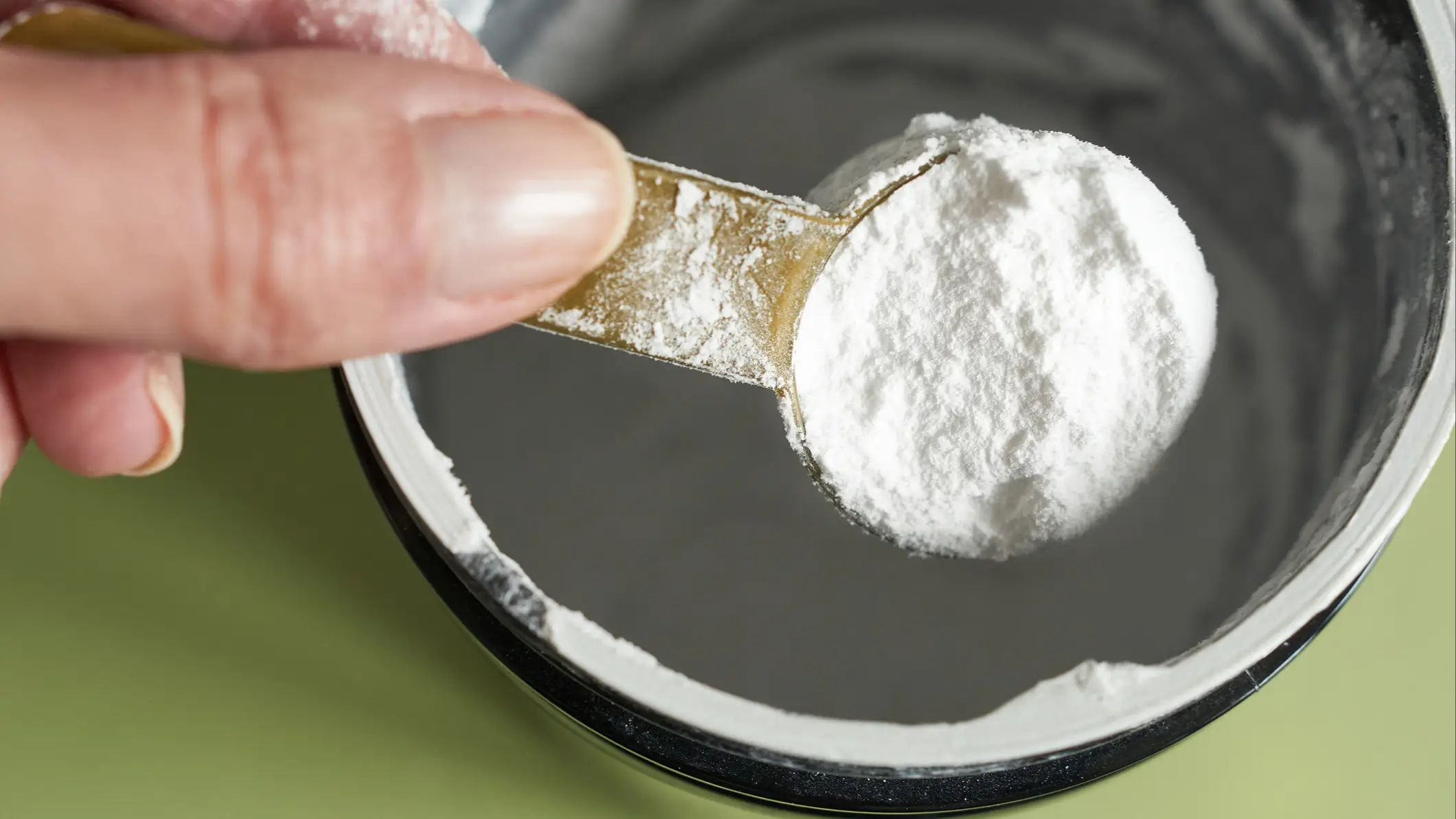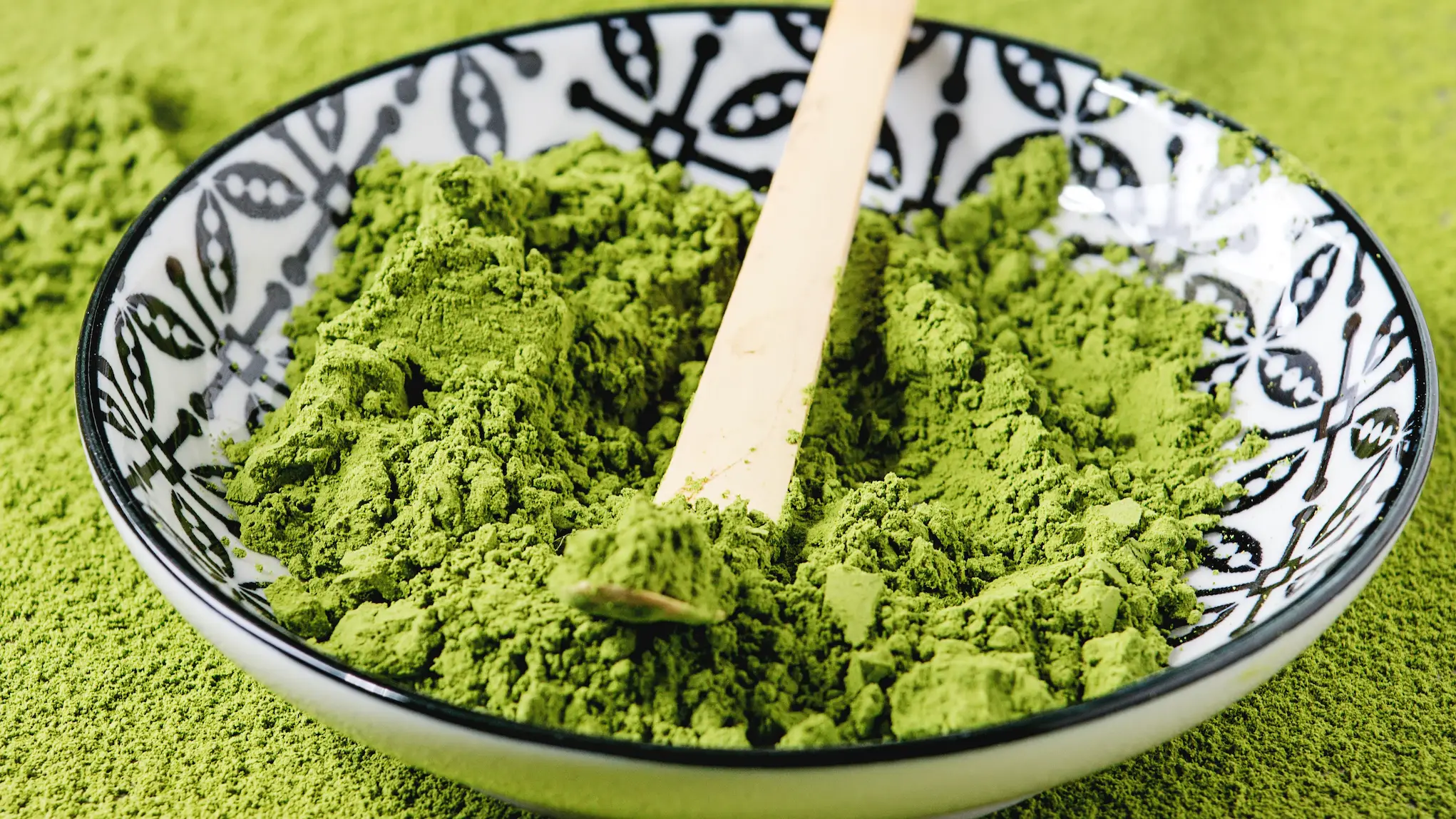


A new investigation has found there's a lot going into food and drink without getting the green light

Motorists have been told there's no need to panic buy petrol

Corey Warren believes that those who like a tipple fall into one of three camps

It has been designed in collaboration with runner Eliud Kipchoge

The Iranian leaders have 'nothing left to lose' over the conflict, the expert has claimed

She didn't get the result she wanted, but there were other changes she noticed

He proposed the second time they met

The UK said it 'condemns in the strongest terms the Iranian regime’s reckless and ongoing indiscriminate attacks'

They came across an incredibly rare stash of coins

Experts have made it clear 'nowhere is safe' should it happen

John Kiriakou worked as a CIA agent from 1990 to 2004, before he was sent to prison for whistleblowing about torture methods being used

The US ambassador would not 'dignify it with a response' at the emergency meeting

The strait is responsible for handling 20 percent of global energy trade

The US Air Force is said to have used the B-2 Spirit stealth bombers to target the facilities over the weekend

It comes as a Russian official said World War III would 'undoubtedly begin' if Trump 'continues his insane course of criminal regime change'

The US president appeared with the rash during the Medal of Honor Ceremony yesterday

The former US President insists that he was not friends with Jeffrey Epstein

#SendBarron has been trending in recent days as Americans call for the youngest son to be drafted

Lewis got his legal document together over a decade ago even though he doesn't foresee himself needing it yet

Trump says that the US is 'knocking the c**p' out of Iran

The UK government is looking at 'potential scenarios' for evacuation following missile strikes on Iran

Dmitry Medvedev says Trump's attack on Iran has put Americans at 'potential risk'

Conflict has erupted across the Middle East following the weekend strikes




